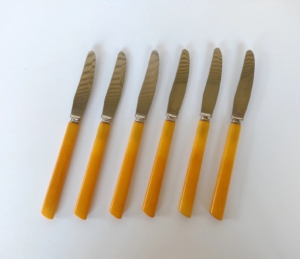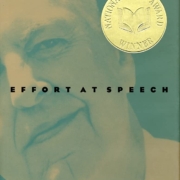Ted Kooser, A Man with a Rake
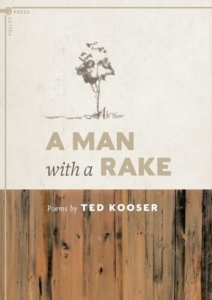 A MAN WITH A RAKE, Ted Kooser. Pulley Press (an imprint of Clyde Hill Publishing), Seattle / Washington D. C., 2022, 32 pages, $14 paper, https://www.clydehillpublishing.com/pulleypress.
A MAN WITH A RAKE, Ted Kooser. Pulley Press (an imprint of Clyde Hill Publishing), Seattle / Washington D. C., 2022, 32 pages, $14 paper, https://www.clydehillpublishing.com/pulleypress.
I admit I am phoning it in this morning, but who can resist a chapbook of poems by Ted Kooser? I saw this copy at Edmonds Bookshop, and, even though I already own most of his books, I grabbed it up.
Or, I thought I owned most of his books, until I reread his list of books this morning.
Anyway, I doubt any of my readers are new to Kooser. His Poetry Home Repair Manual: Practical Advice for 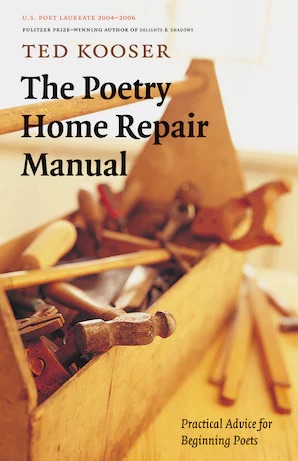 Beginning Poets ought to already be in your home library. (Even if you’re not a poet.) He is a former United States Poet Laureate, won a Pulitzer Prize for Delights and Shadows, etc. Anytime I’m told, “if you lived back east, you’d be better connected,” I think of Kooser, living in the midwest, writing about farms and farmers and farmhouses, working as an insurance agent for much of his career (!), and still here, still writing.
Beginning Poets ought to already be in your home library. (Even if you’re not a poet.) He is a former United States Poet Laureate, won a Pulitzer Prize for Delights and Shadows, etc. Anytime I’m told, “if you lived back east, you’d be better connected,” I think of Kooser, living in the midwest, writing about farms and farmers and farmhouses, working as an insurance agent for much of his career (!), and still here, still writing.
I loved these lines—from Kooser himself—in his biography at Poetry Foundation:
“I write for other people with the hope that I can help them to see the wonderful things within their everyday experiences. In short, I want to show people how interesting the ordinary world can be if you pay attention.”
This poem struck me as appropriate, maybe, for Easter Sunday:
A Fox
for Dan GerberI saw a red fox stepping in and out
of the shadows of tall granite stones
in a cemetery’s oldest section, fur
flaring as she entered each patch
of sun, though her feet and the tip
of her tail were too darkened by dew
to be set alight. She was quite small
but in her presence the stones forgot
their names. Above her the canopy
was respectfully opening oak by oak
to light her way, though she offered
no sign that she expected any less.
I couldn’t move for fear she’d stop
and fix me with those eyes that had
already stopped everything there,
the headstones, the plastic flowers,
I, too, now breathless as I watched
her pass along that long, long hall,
a flame reflected in its many doors.—Ted Kooser
If you need to know more about Kooser, visit his page at Poetry Foundation or https://www.tedkooser.net.

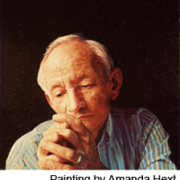
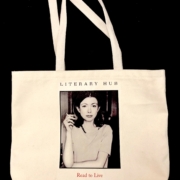
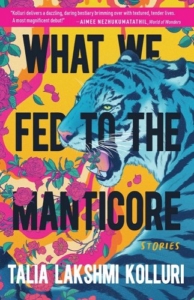 last question:
last question:
